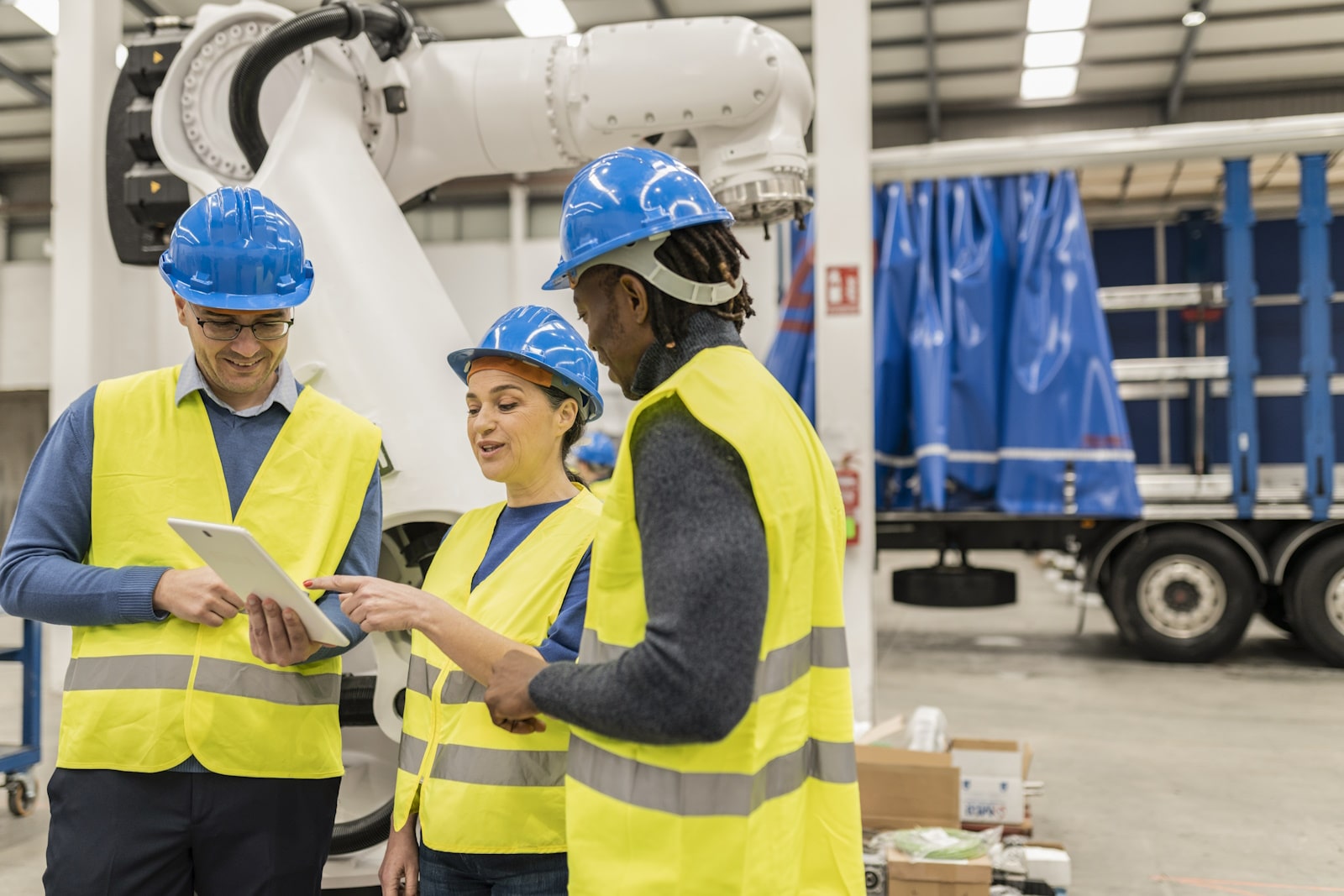The Modern Waste Company and Sustainability
Waste management is a cornerstone of sustainability. Whether it’s tackling electronic waste, handling hazardous materials, or enabling zero-waste events, the role of a modern waste company has expanded far beyond traditional rubbish collection. Let’s explore how waste companies are revolutionising this sector to create cleaner, greener communities.
Specialised Waste Streams: Turning Problems into Resources
Modern waste companies are addressing the challenges posed by specialised waste streams. Electronic waste (e-waste), for example, is one of the fastest-growing waste types globally. In 2022, an estimated 62 million tonnes of e-waste were produced worldwide, yet only 22.3% was formally recycled. Inefficient recycling practices not only squander valuable materials like copper and gold but also release hazardous substances into the environment, threatening human health and ecosystems. Companies like A-Thermal are stepping up with advanced solutions for reclaiming precious resources while minimising environmental harm.
Handling hazardous waste presents another challenge. Items such as medical waste and industrial chemicals require specialised expertise and facilities. Through cutting-edge technologies and rigorous protocols, waste companies ensure these materials are disposed of or repurposed safely, preventing contamination of land, air, and water.
Tailored Solutions for Industry-Specific Waste
Every industry generates waste, but the nature of that waste varies significantly. Modern waste companies are providing tailored solutions to meet these diverse needs.
In the food and beverage sector, where organic waste is abundant, innovative approaches like composting and anaerobic digestion turn waste into valuable resources such as fertiliser and biogas. This not only reduces landfill use but also cuts methane emissions, a significant contributor to climate change.
The construction and demolition industry generates vast amounts of debris, much of which is recyclable. Companies are increasingly focusing on reclaiming materials like concrete, wood, and metal, transforming what would otherwise be waste into inputs for new construction projects. These efforts are reducing the environmental footprint of one of the world’s most resource-intensive sectors.
Making Zero-Waste Events a Reality
From concerts to festivals, large gatherings often result in substantial waste. However, the concept of zero-waste events is gaining traction, thanks to innovative services provided by waste companies.
At events like Glastonbury, organisers have collaborated with waste management specialists to eliminate single-use plastics and set up comprehensive recycling systems. These initiatives not only divert waste from landfills but also demonstrate the feasibility of sustainable large-scale gatherings.
Waste companies play a vital role in such events, offering services like waste sorting, provision of biodegradable products, and onsite waste audits. By working with a waste company, event organisers can significantly reduce their environmental impact while inspiring attendees to adopt greener habits.
Embracing Technology and Policy
Advancements in technology are helping waste companies streamline their operations and improve efficiency. Tools like AI-powered sorting systems and IoT-enabled waste bins are making it easier to sort and manage waste effectively. Simultaneously, policies such as Extended Producer Responsibility (EPR) are holding manufacturers accountable for the lifecycle of their products, encouraging the development of sustainable designs and recycling programmes.
Waste management is no longer a background activity; it is a critical component of sustainability. By partnering with a waste company like A-Thermal, businesses and individuals can play an active role in reducing waste and preserving natural resources. Contact us today to learn how we can help you achieve your waste management goals—together, we can make a lasting impact on our planet.







